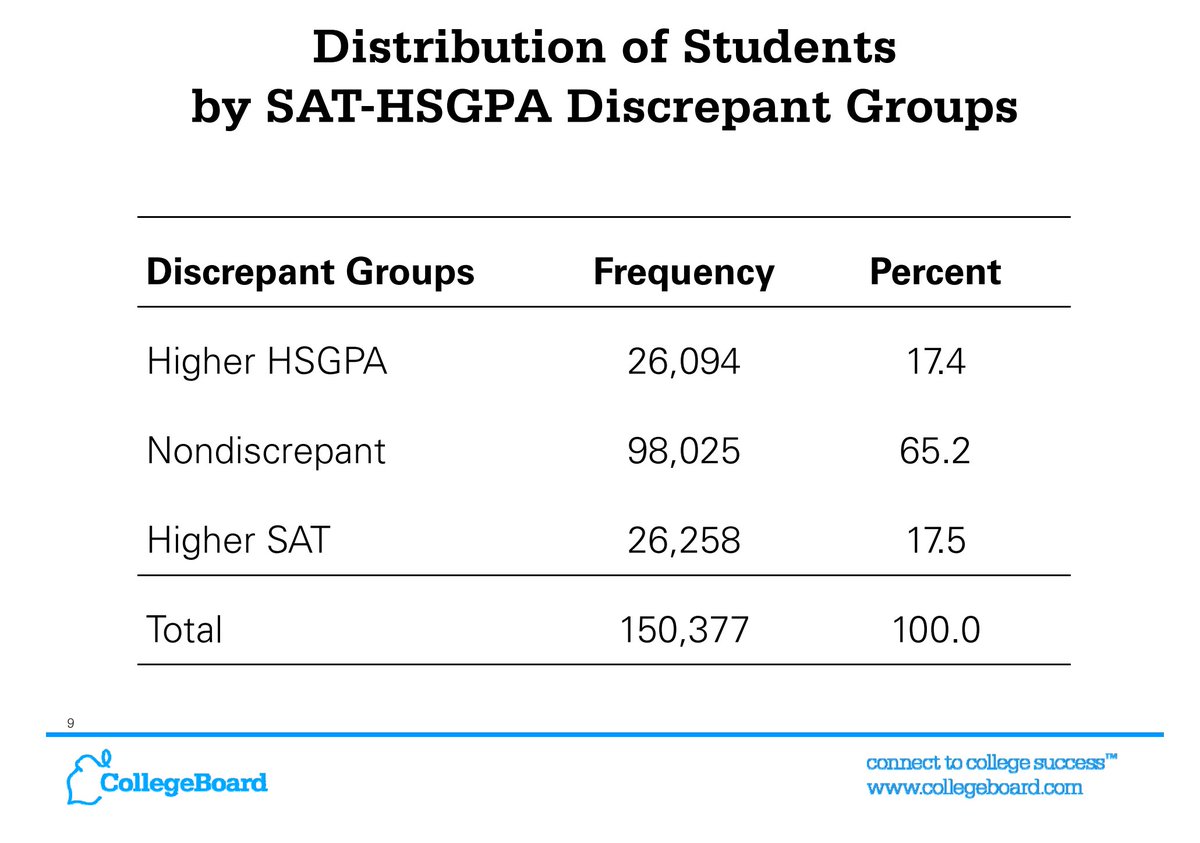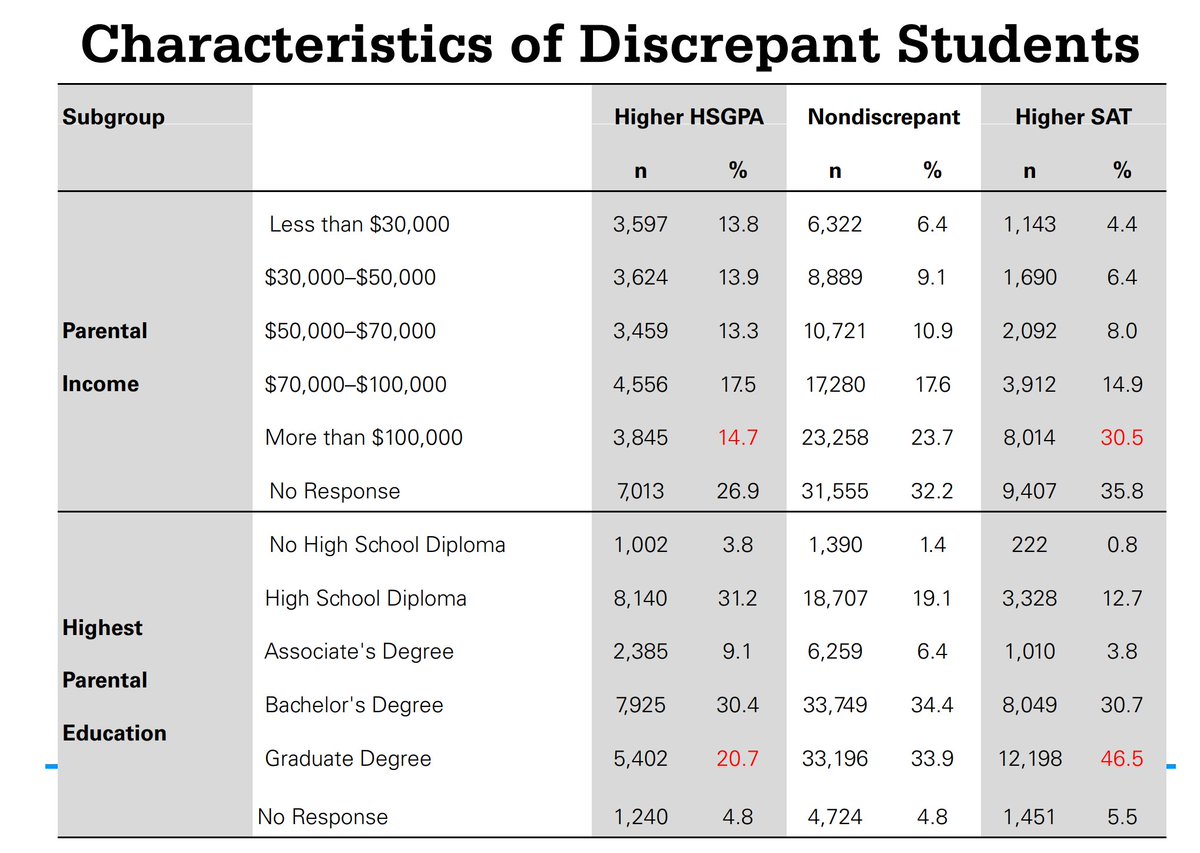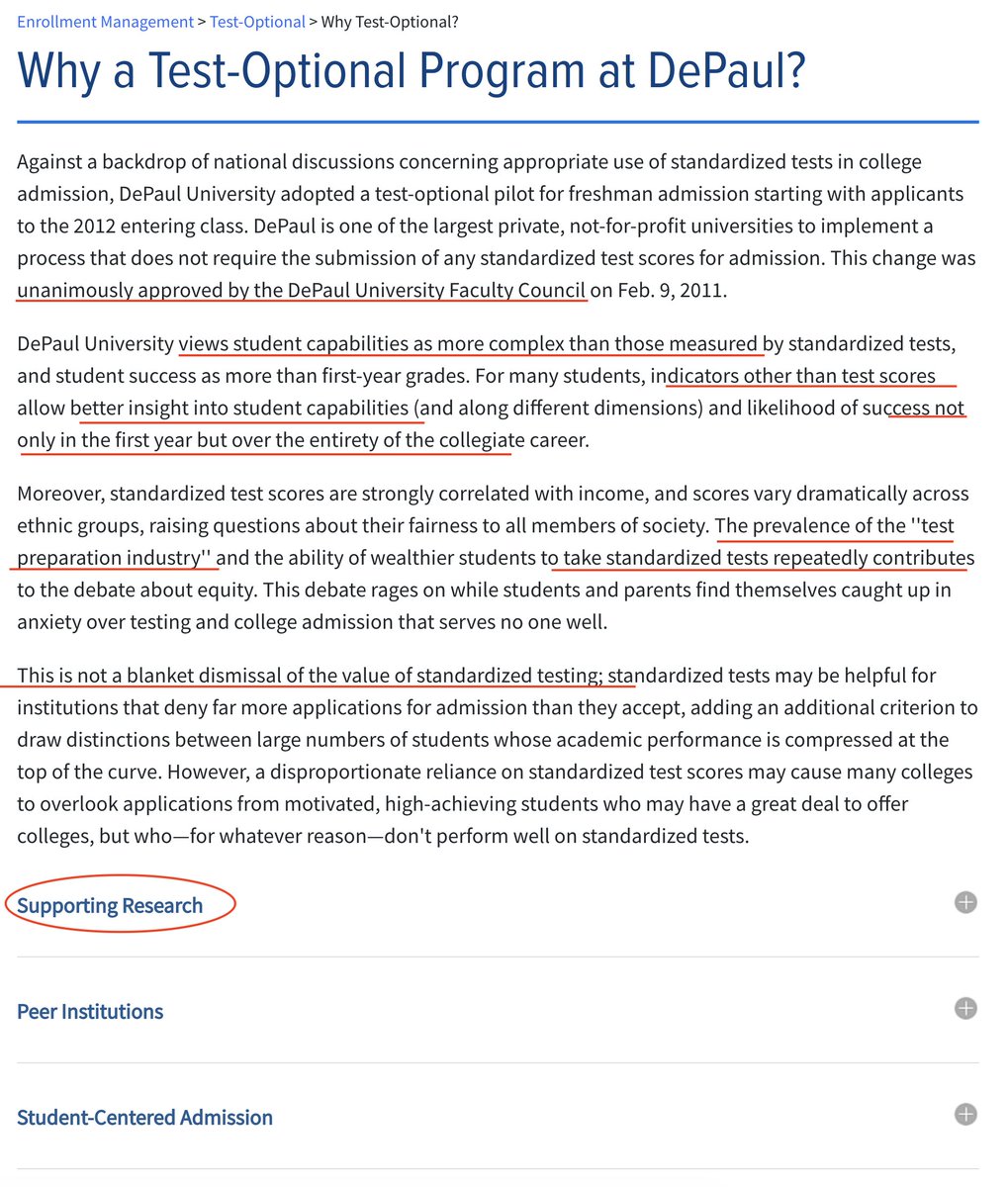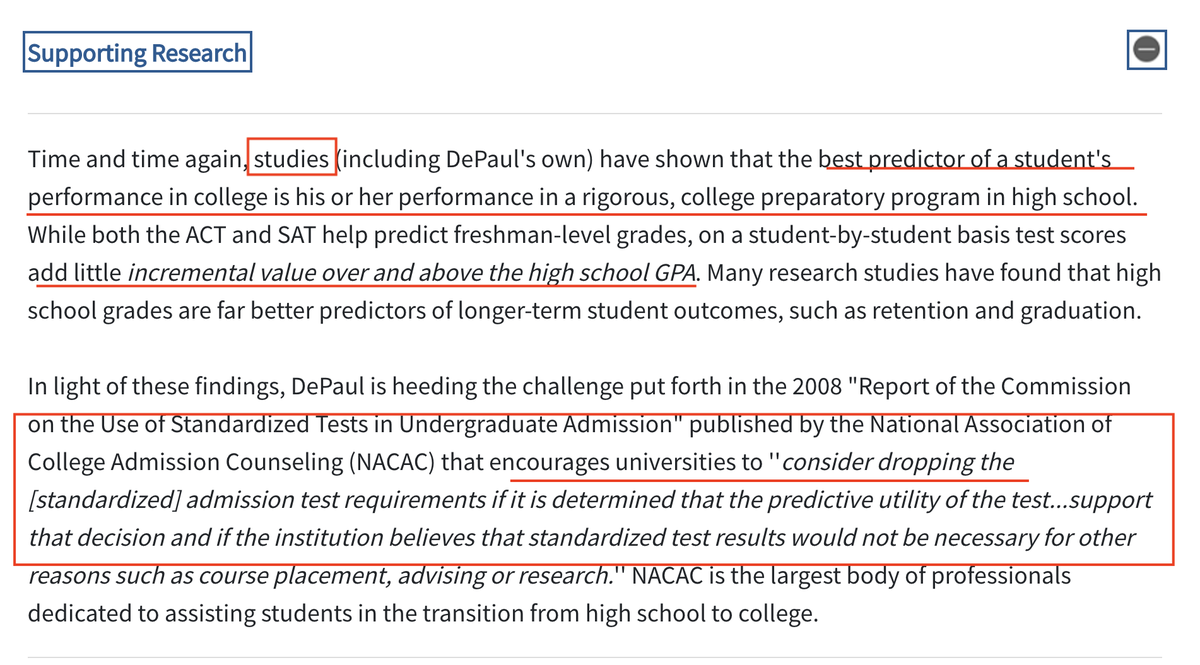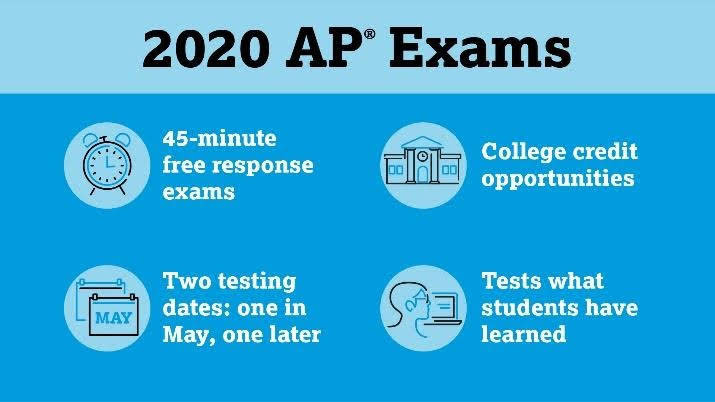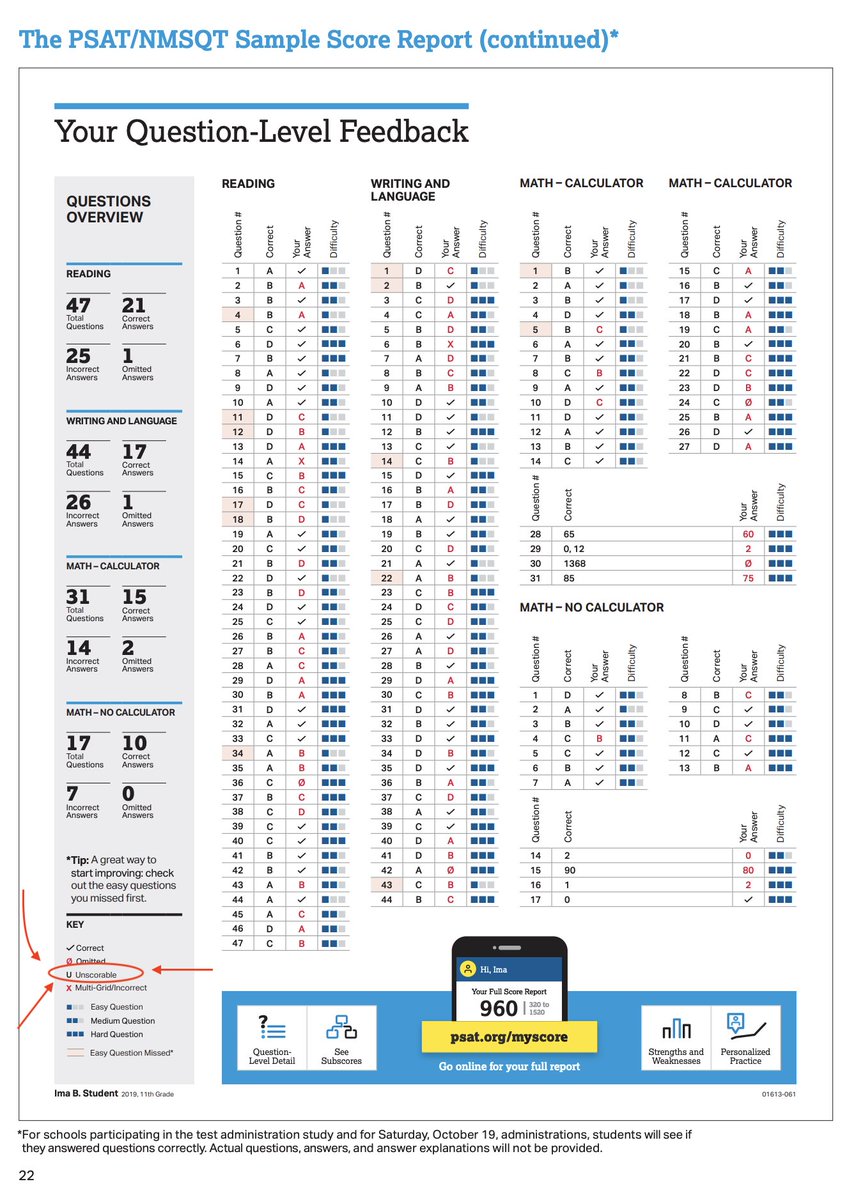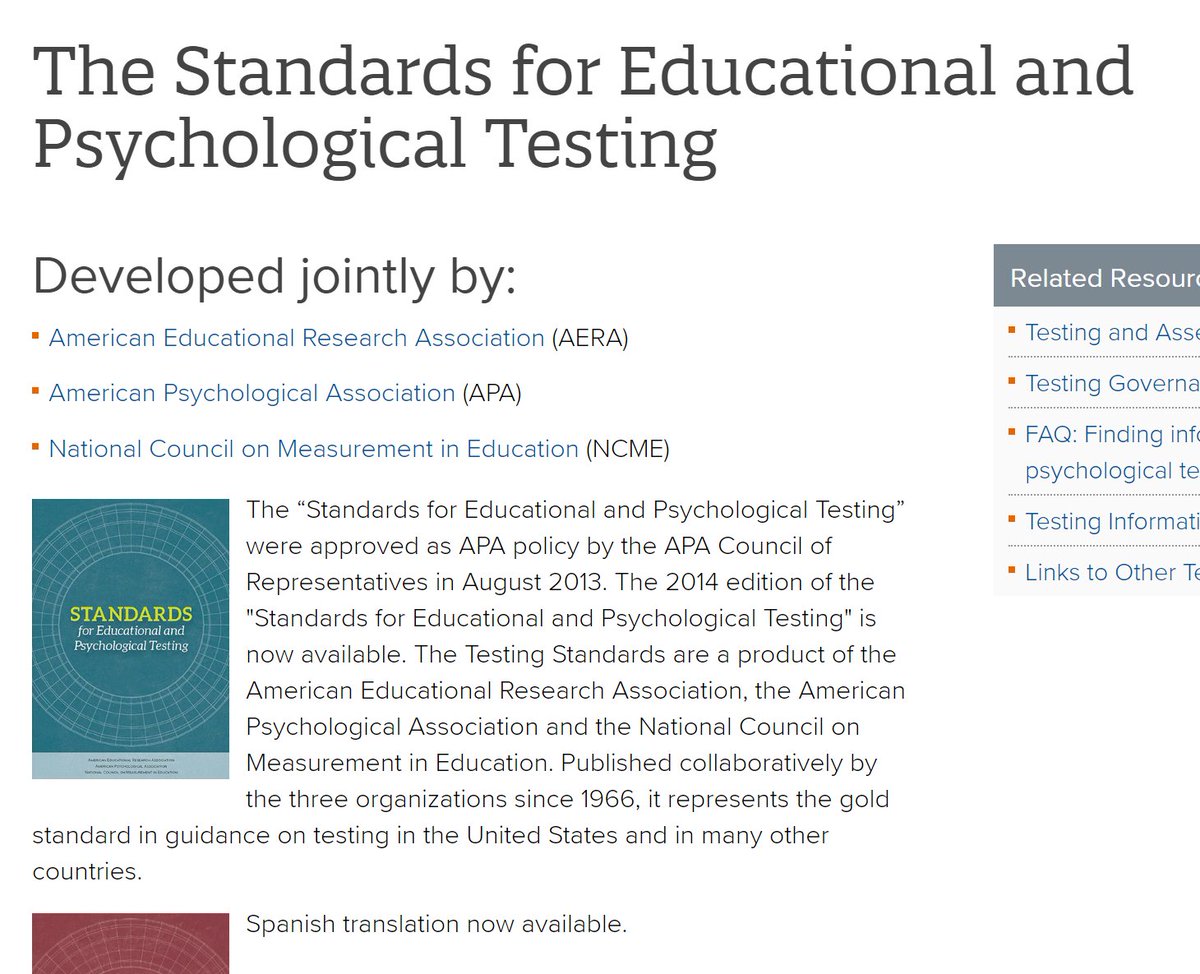
Let's explore the biggest lie the testing agencies ever convinced America of:
"without the SAT ACT, I would have never gotten into college, graduated, or had any future"
(thread)
"without the SAT ACT, I would have never gotten into college, graduated, or had any future"
(thread)
You see this narrative over and over and over in anecdatal stories about the test "providing" opportunity. 
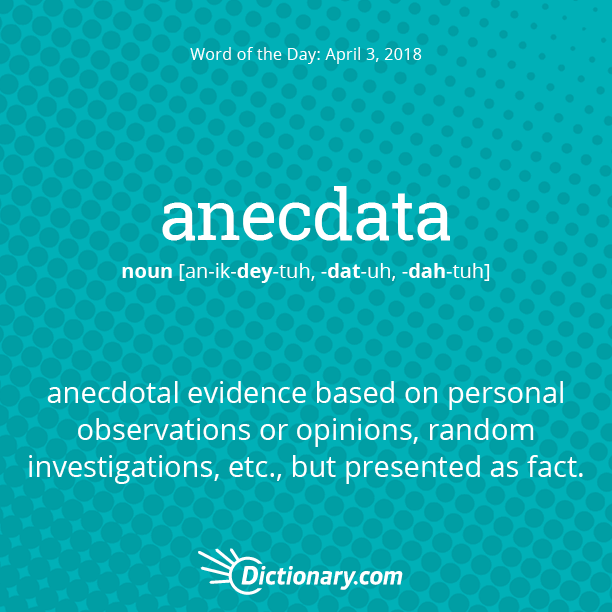
Here's one from a professor brave enough to tell his story under a pseudonym | How the ACT and SAT Help Disadvantaged Students Get Into College chronicle.com/article/how-th…
Here's another | I’m a working-class Mexican American student. The SAT doesn’t hurt me — it helps. washingtonpost.com/outlook/2020/1…
I might come back and do a side thread breaking down the fallacies in these stories (such as a low income first gen student with a 4.8 GPA, whose overcome great adversity and excelled, and who's writing a children's book assuming that the test is what made him admissible)
But this is not that thread. This thread is about the "test saved my life" narrative, which is being perpetuated every time the idea of abandoning the tests comes up.
First, we have to ask cui bono?
And we know the answer to that.
First, we have to ask cui bono?
And we know the answer to that.
Second we should look at the history of this narrative.
1933 the SAT was sold to Harvard as an "objective" version of the Army IQ test. Harvard uses it to find "public school students" because until that point they only admitted private school students.

1933 the SAT was sold to Harvard as an "objective" version of the Army IQ test. Harvard uses it to find "public school students" because until that point they only admitted private school students.


Let's not forget that anytime you say increase access for X group you have to ask yourself how race limited that group. Black (and brown) children were kept out of schools for decades, thus any 1930s recruitment of Public School students really means "white public school students 
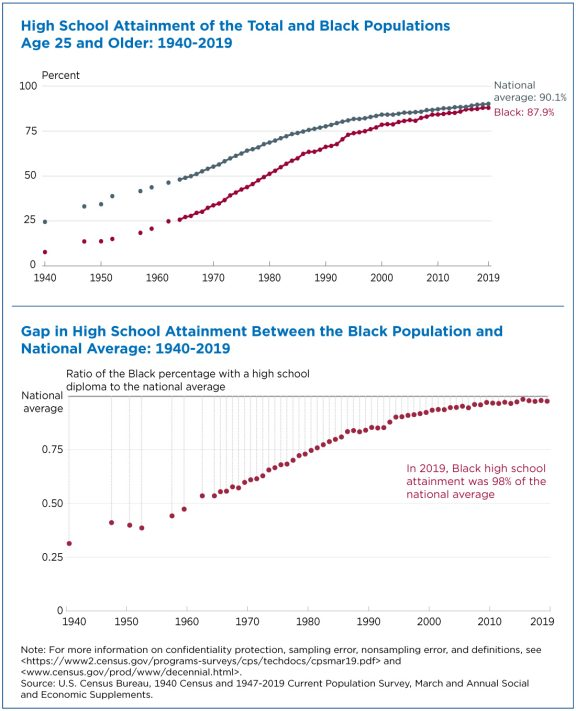
So this test was never truly going to provide broad opportunity. It has always provided access to a curated selected group that is broader than the group allowed to apply prior to its use.
But that's neither an objective nor equitable tool.
But that's neither an objective nor equitable tool.
but the notion that this test was even consider objective and fair in the 30s ignores the words of the tests founders 

Also while Harrrrvard is talking out of one side of its face about using the SAT to increase access to education they have active policies to limit Jews, catholics and exclude blacks, asians, and hispanics. 

as racial segregation becomes unacceptable the SAT was used as the tool to ensure that black and brown people are excluded. 

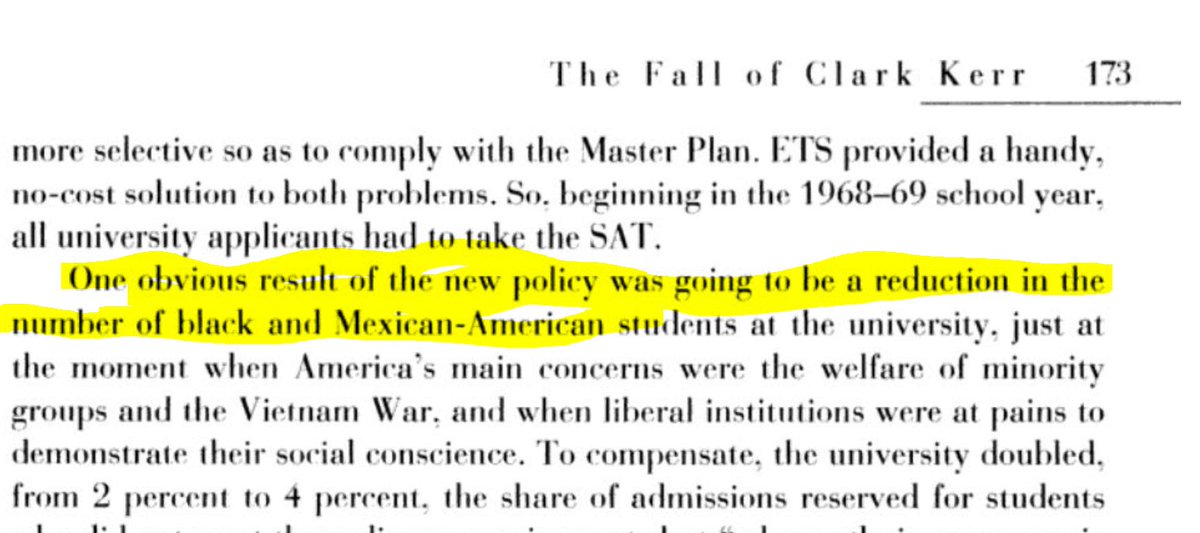

So there is little historic support for the notion of standardized tests as equalizers of opportunity.
Third, consider the data not anecdata. And since you won't believe me and my data let's use the testing agencies own reports.
The ACT report on discrepant ACT scores and High School GPA shows that those with discrepant (significantly higher than the other measure) ACT scores are far more often white, male, wealthy
slideplayer.com/slide/9394694/

slideplayer.com/slide/9394694/
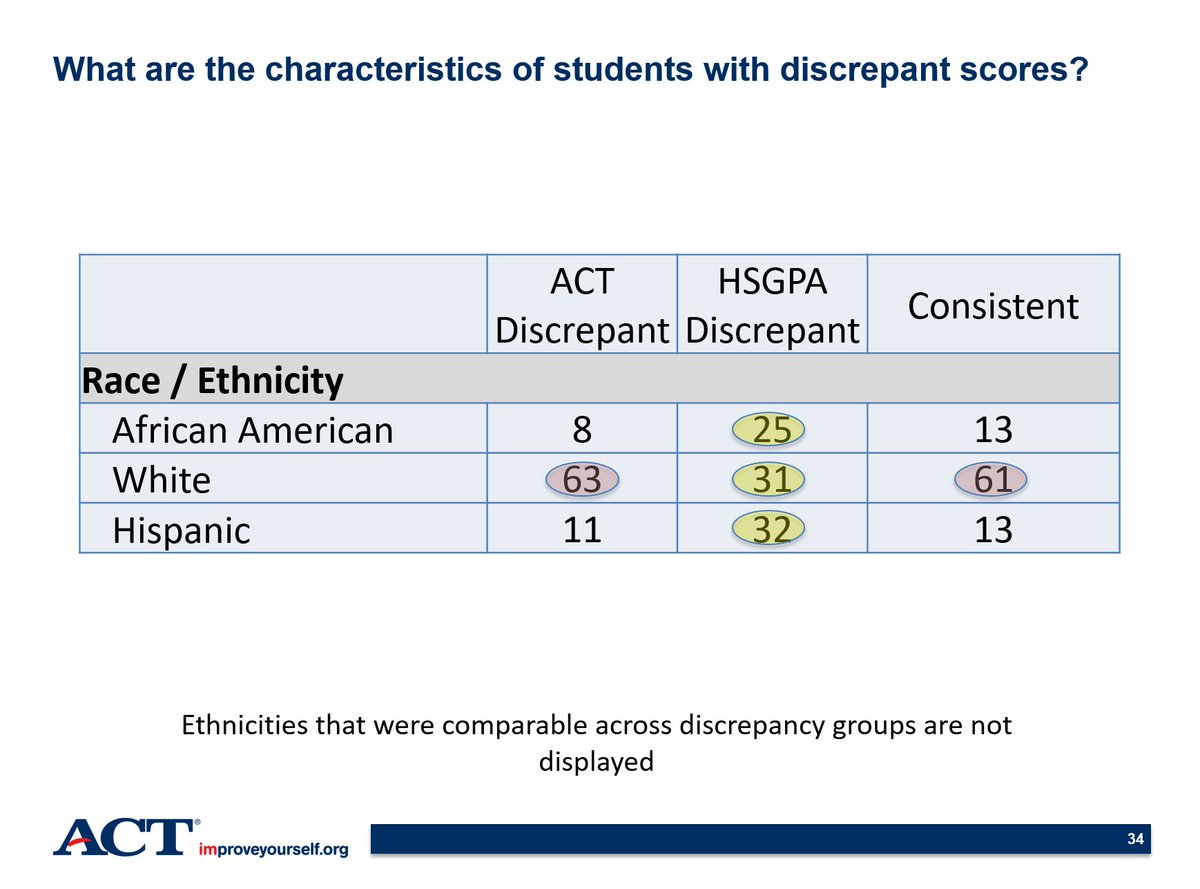
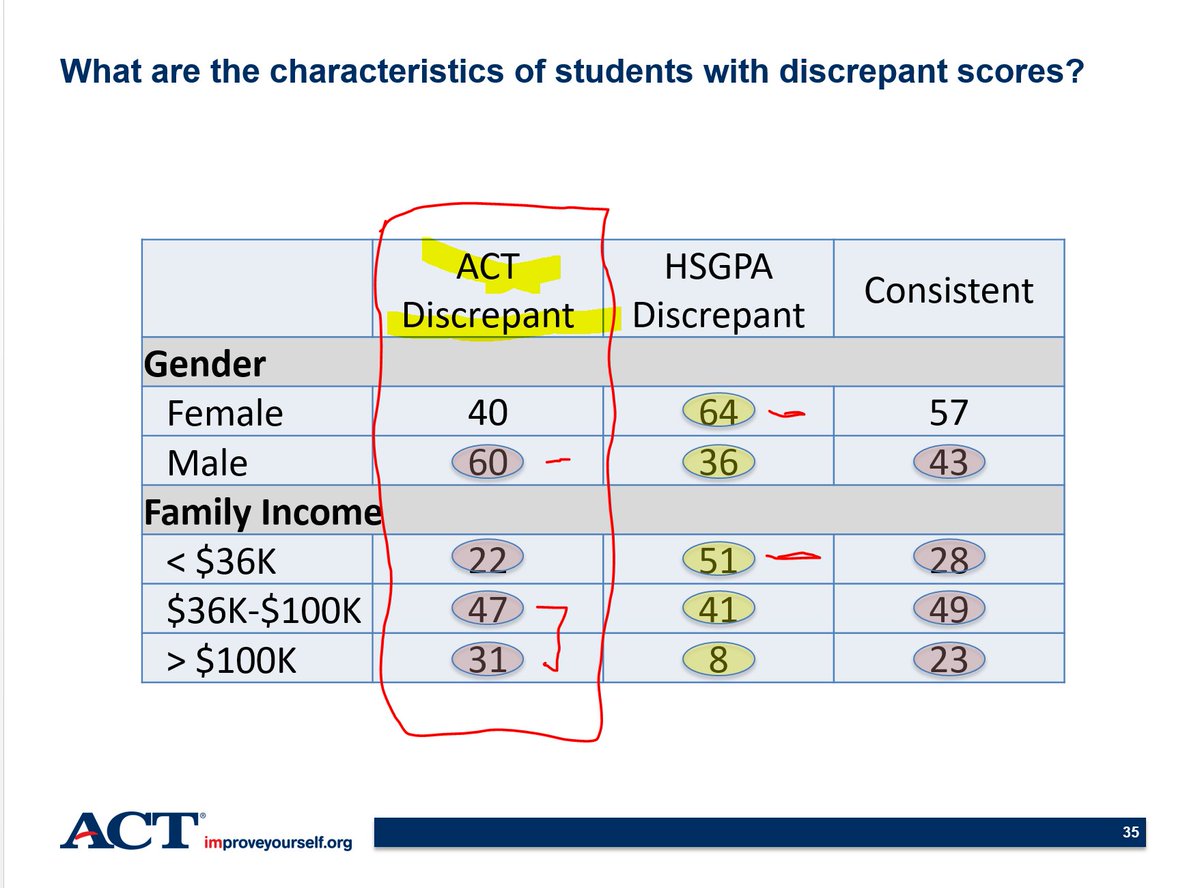
Fourth we should question how does anyone know what factor "got them in" at a particular university. As far as I know universities do not share their deliberations or rationale for decisions.
Now a highly relevant point that has been raised is the tests are a powerful marketing tool. A high test score can increase (not ensure) the odds that your name is bought by a college that searches for names using the data the agencies sell.
But there is to know what criteria searched for (score, family income, first gen status, child of vet status, location, race, religion, etc) brought your name to the schools attention.
To decide that the "if not for the ACT, I would not have attended college at all" ignores that of the privlege of being "from a lower-middle-class white family with 1+ college educated parent, 2 jobs, an A student who was "too smart"..
chronicle.com/article/how-th…
chronicle.com/article/how-th…

Nothing in that profile suggest that the decision came down to an ACT score. The writer of that article is dangerously myopic, clueless, or disingenuous.
This all makes me want more education writers to as better questions before publishing anecdcata .. As better questions and challenge opinion writers that offer no data to support positions. @EdWriters
So I say all this to ask that those of you reading this, please don't allow these "SAT saved my life" articles to go unchallenged.
</fin>
</fornow>
</fin>
</fornow>
• • •
Missing some Tweet in this thread? You can try to
force a refresh

